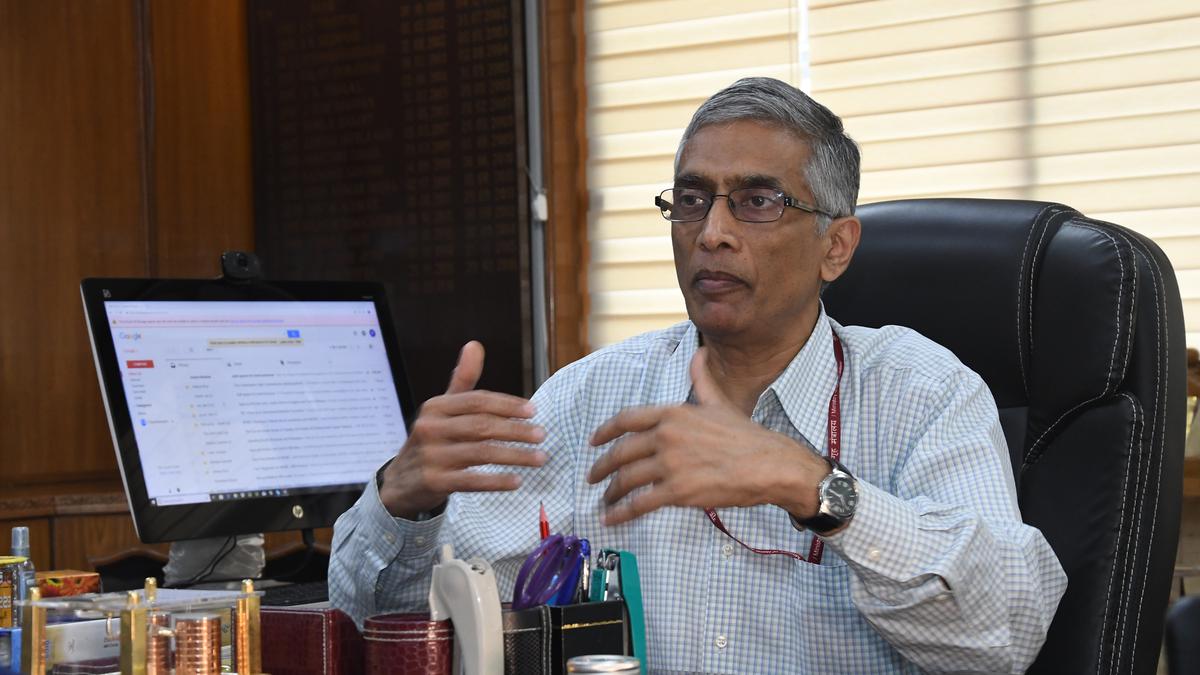BVR Subrahmanyam will succeed Parameswaran Iyer as chief executive officer of NITI Aayog. Iyer has moved to the World Bank.

On Monday, Parameswaran Iyer, a former Indian Administrative Services (IAS) official who was appointed CEO of the government policy think tank NITI Aayog in July of last year, was named executive director of the World Bank’s headquarters.
Iyer will replace Haryana cadre IAS official Rajesh Khullar at the World Bank, who will return to India at the request of the government of Haryana. Khullar, an IAS officer from the 1988 batch, was assigned to the World Bank in September 2020 and was slated to serve until August 31, 2023.
A Cabinet Appointments Committee decision resulted in the issuance of a government order stating that Iyer will hold the position for three years.
B.V.R Subrahmanyam, an IAS officer from Chhattisgarh who retired in 1987, will succeed Iyer at NITI Aayog. Subrahmanyam served as the commerce secretary, chief secretary of Jammu and Kashmir, and director and joint secretary in the Prime Minister’s Office from 2004 to 2008 and from March 2012 to March 2015, under Manmohan Singh and Narendra Modi, respectively.
Iyer, a 1981-batch officer from the Uttar Pradesh cadre, was supposed to serve as CEO of Niti Aayog for two years or until further orders, whichever came first, according to a notification issued by the Appointments Committee of the Cabinet in July of last year.
Iyer has over 25 years of experience in the domain of water and sanitation. “He spearheaded the implementation of India’s flagship $20 billion Swachh Bharat Initiative, which successfully provided 550 million people with access to safe sanitation,” NITI Aayog said in a statement upon his appointment.
Rajesh Khullar, who will be returning to the government of Haryana, has represented Bangladesh, Bhutan, India, and Sri Lanka as executive director of the World Bank Group since November 1, 2020.
According to the World Bank website, he also chaired the “Committee on Development Effectiveness (CODE), which assists the Boards in assessing the development effectiveness of the World Bank Group by providing guidance on strategic directions of each member institution, monitoring the quality and results of World Bank Group operations, and supervising the work of entities that are part of the World Bank Group’s accountability framework.”



